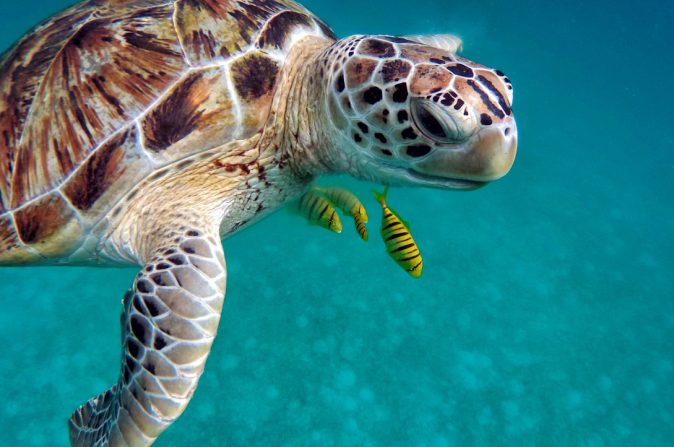Environment / Maldives
Resorts join the fight for the environment

While growing tourism numbers do bring considerable challenges to the environment, hospitality players also have the power to act positively to protect it. Conscious of the unique appeal of their natural treasures, many resorts in the Maldives have made efforts to help protect the ecosystems in which they are located.
A great example of how hospitality groups can reconcile their luxury-focused activities and the environment is seen at Sunland’s Coco Palm Dhuni Kholu Resort. It is located in Baa atoll, which Unesco declared a Biosphere Reserve in 2011, since it is home to one of the largest groups of coral reefs in the Indian Ocean and numerous marine species. It is especially well known for hosting the largest manta ray aggregation in the world.
Coco Palm Dhuni Kholu Resort has been collaborating with Olive Ridley Project, an NGO dedicated to removing discarded fishing nets from the ocean and rescuing and rehabilitating sea turtles. In 2017, Sunland opened the Coco Palm Turtle Rescue Center as the first veterinarian-led turtle rescue center in the Maldives, with a resident specialist and all the necessary equipment to assist the turtles in the area. The region is a nesting ground for the Green turtle, an endangered species.
In the two years since opening, the center has had eighty turtle patients and has successfully rescued, rehabilitated and released as many as 40 turtles. It also monitors and protects the turtle eggs and hatchlings. Perhaps most importantly, this partnership also focuses on educating residents and tourists on protecting the ocean, a fundamental synergy for the future of the Maldives as we know it.
